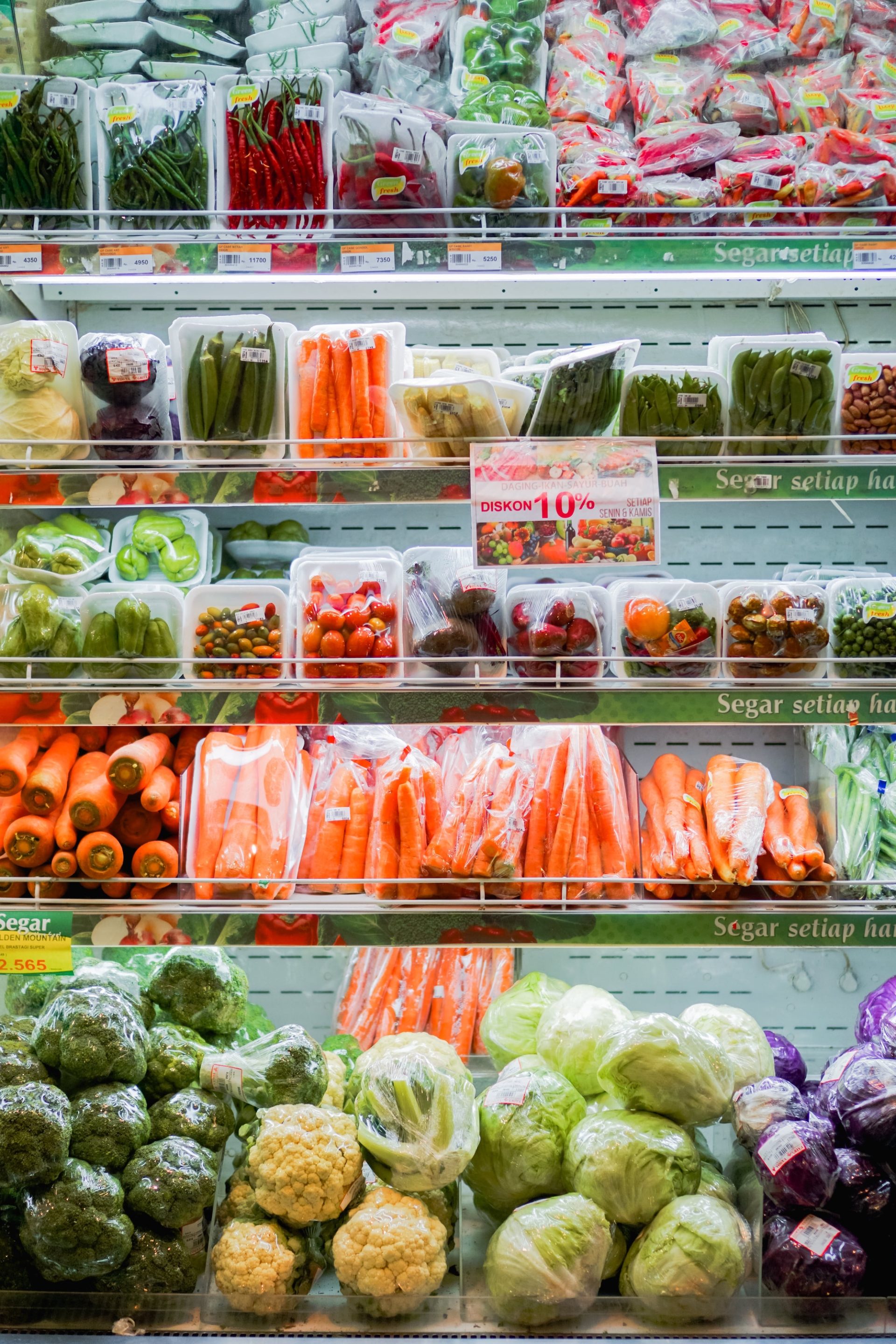This is because the pre-measured portions reduced food waste, and the streamlined, direct-to-consumer supply chain meant the overall transportation emissions was lower.
Then there was the packaging. As you might expect, the study found meal kits typically have higher packaging impacts than grocery meals. Each perfectly measured serving of herbs or meat has to be individually wrapped after all, creating more packaging waste than if you bought in bulk and stored the remainder for another time.
But Shelie Miller, an environmental scientist at the University of Michigan and leader of the study, said package waste was only one aspect.
“That’s important,” she said, “but it’s not the full story.”











